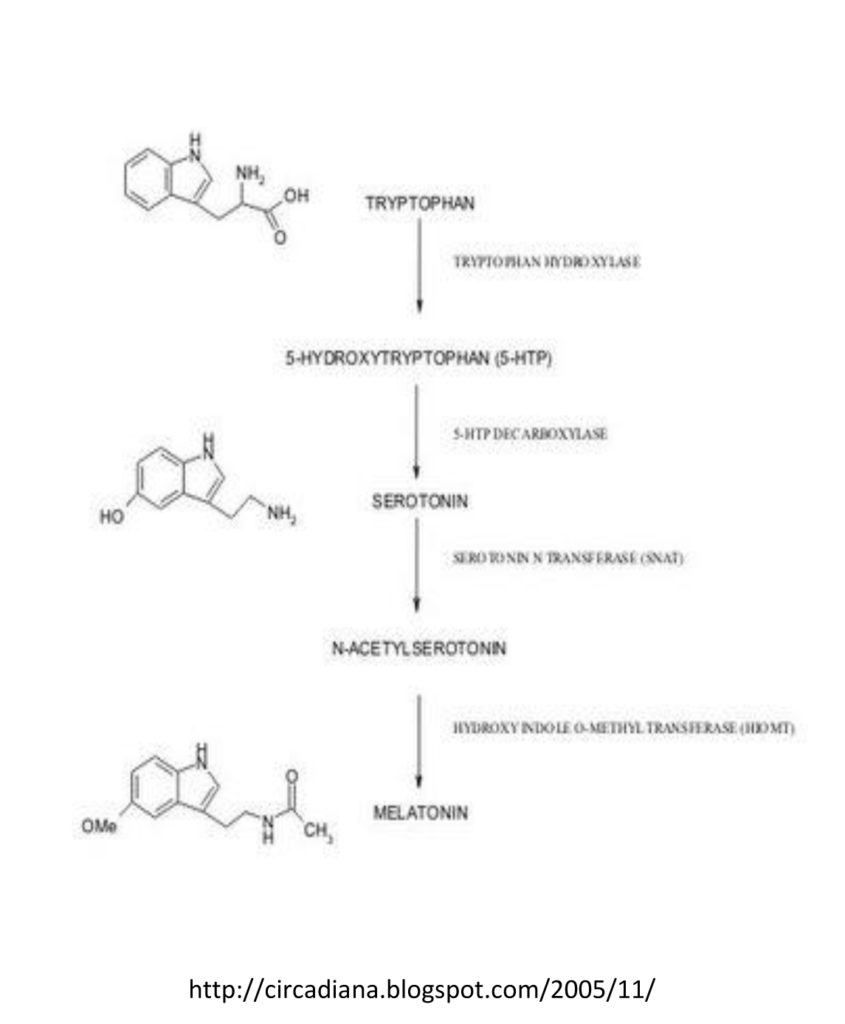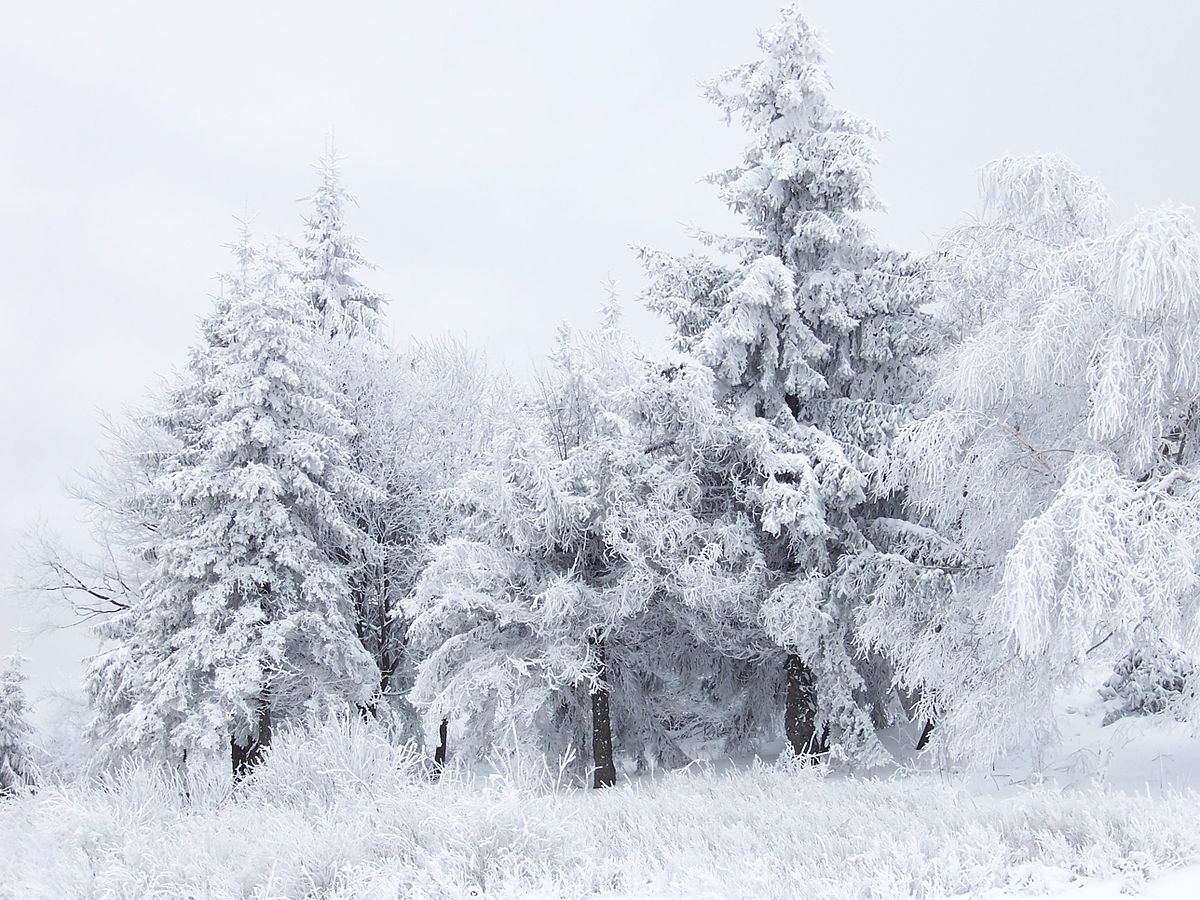What is Our Third Eye and Why is it linked to Seasonal Depression?
My 12-year-old reports that in one of his classes at the Junior High, they took a survey of the kids’ favorite season and WINTER won hands down! When I think of what winter means to the kids in Montana and other northern climates, I think of Christmas with its lights, music, candy and presents; snow activities; hot chocolate and winter parades. No wonder they love it so much.
Adults thoughts of winter may include this list, but we also think of being uncomfortably cold, inside most of the time, dark hours most of the day, shoveling snow, slipping on ice, close quarters with family and a general stir-crazy feeling. I also personally think of sleeping, reading, sweaters, furry slippers, alcohol and in Northwest Montana – cloudy skies.
But sometimes winter hibernation goes a little too far, which is called Seasonal Affective Disorder (SAD). How do we know if we have SAD or not, when hibernation seems to be part of the normal winter routine? The bottom line that defines SAD, is that it is interfering in one or more parts of your life such as your work, relationships, health, or goals.
For example:
- Your sleeping starts to interfere with your regular daily routine, i.e. late for work, missing work, too much napping.
- You are doing less of the activities you usually like to do; staying home instead.
- You can’t seem to get your work done due to trouble concentrating, less mental energy.
- You are craving certain foods, eating too much as comfort, and gaining weight.
- You are drinking too much alcohol, more than usual, and more than moderation for adults.
- You can’t stop feeling sad and hopeless, in severe cases you may have suicidal thoughts or plans.
Why do we hibernate and why are some of us getting depressed in the winter? Well at least part of the answer is the hormone melatonin. Melatonin is a hormone secreted rhythmically from the pineal gland of the brain. The pineal gland has been called our third eye, for its ability to coordinate its activities with other our other two eyes. The more darkness our eyes perceive the more melatonin secretion from the pineal. In the winter, morning is dark! So even though our alarms are going off, we don’t shut down our melatonin levels immediately upon waking.
One major function of melatonin is to make us feel sleepy, but it is also linked to timing of meals and appetite – which increases with higher melatonin levels. So now we are starting to see why the urge to cozy down in the winter, feel tired, sleep more and eat more is biochemical! AND in order to make all that melatonin, your body will use some of your serotonin. Serotonin makes us feel calm and happy. This relative low serotonin to high melatonin level = less happy, more sleepy.
In addition, it is thought that thyroid hormones are lower in the winter, probably linked to melatonin levels, which may impact mood and energy in a negative way, linked to serotonin levels as well.
What can you do about the winter blues and Seasonal Affective Disorder on your own?
- Use a full spectrum, 10,000 LUX light, for 20 minutes a day. They are affordable and scientifically substantiated. The
 bright light decreases melatonin secretion and helps regulate its rhythm. Shine it on yourself in the morning.
bright light decreases melatonin secretion and helps regulate its rhythm. Shine it on yourself in the morning. - Exercise, daily if possible.
- Increase healthy fats, including 12 ounces of fish per week in your diet. You can take omega-3 fats as a supplement, but check with your naturopathic doctor first.
- Get your vitamin D level checked. Healthy levels are over 30 ng/dl.
- Get outside on a daily basis.
- Drink more coffee. Nod to my Finnish heritage, very dark country, very high coffee intake per capita. Not sure if this is scientific or not!
If this is not enough, you should seek additional help for SAD. There are herbal medicines and supplements to consider, so visit your naturopathic doctor. If your symptoms are severe including suicidal thoughts then you need to seek help immediately; from your primary provider, urgent care or local hospital.
If you are prone to SAD; be proactive! Next winter start your new habits to combat mood changes right away!
References:
https://www.psychiatry.org/patients-families/depression/seasonal-affective-disorder
https://www.nimh.nih.gov/health/topics/seasonal-affective-disorder/index.shtml
Med Hypotheses. 2017 Jan;98:69-75. doi: 10.1016/j.mehy.2016.11.020. Epub 2016 Nov 28.
Secondary to excessive melatonin synthesis, the consumption of tryptophan from outside the blood-brain barrier and melatonin over-signaling in the pars tuberalis may be central to the pathophysiology of winter depression.
Pereira JC Jr1, Pradella Hallinan M2, Alves RC3.
http://www.vivo.colostate.edu/hbooks/pathphys/endocrine/otherendo/pineal.html

